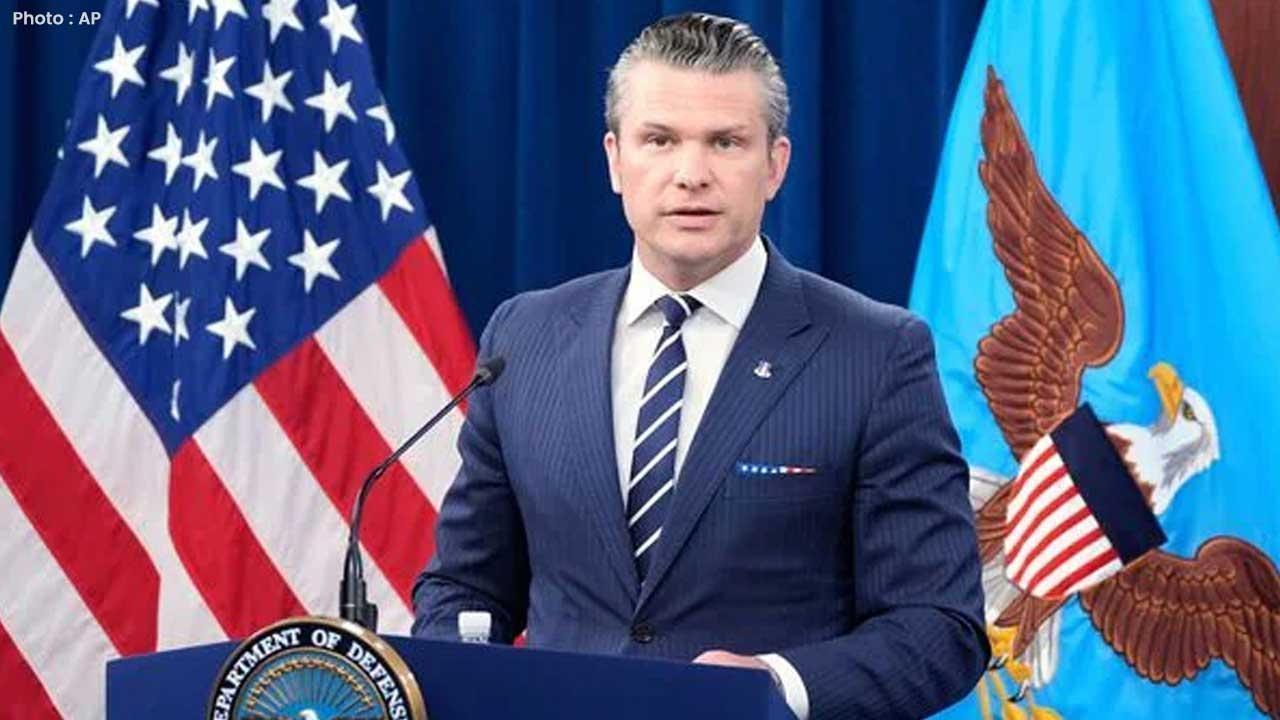
Post by : Vansh
In an increasingly interconnected world, global challenges like climate change, economic inequality, pandemics, and education disparities cannot be solved by individual nations alone. What we need now more than ever is collective action—nations, organizations, and individuals working together toward a better future. This is where strategic partnerships come into play. As the world becomes more complex, so too must our solutions. These partnerships, forged across borders and sectors, are becoming the engines of global change.
Strategic partnerships refer to purposeful collaborations between governments, international organizations, NGOs, corporations, and civil society. These partnerships are designed to tackle issues too vast for any single entity to address alone. Unlike traditional alliances based solely on political or economic interests, strategic partnerships focus on long-term impact, mutual benefit, and shared responsibility.
In the global arena, such partnerships are helping to shape agendas, fund development programs, foster peace, and support humanitarian efforts. Whether it’s addressing global health crises or driving green innovation, the power of these alliances lies in their diversity and common vision.
Gone are the days when power blocs dictated the course of world affairs. Today, with voices emerging from every corner of the planet, a new era is unfolding—One World, Many Voices. The democratization of technology, rise of youth activism, and influence of global media have created a platform where multiple perspectives can converge.
This shift is inspiring global change rooted in empathy, cooperation, and inclusivity. From grassroots movements to intergovernmental summits, strategic partnerships are listening to these many voices and translating them into action.
One of the most urgent domains where global partnerships are proving essential is the climate crisis. The Paris Agreement, for instance, is a monumental example of what happens when nearly every nation agrees to work together for a shared environmental goal.
Organizations like the United Nations Environment Programme (UNEP) and the Global Environment Facility (GEF) are partnering with private sectors and local governments to implement green technologies, reduce carbon emissions, and promote sustainability. The inclusion of indigenous communities, youth leaders, and scientists in these partnerships ensures that solutions are both culturally sensitive and scientifically sound.
This collaborative approach recognizes that climate change does not respect borders—and neither should the efforts to fight it.
Education is another field deeply transformed by international partnerships. Global initiatives like UNESCO’s Global Education Coalition bring together tech companies, NGOs, and governments to bridge digital learning gaps, especially in under-resourced regions.
During the COVID-19 pandemic, these alliances helped deliver remote learning tools to millions of students worldwide. Tech giants like Microsoft and Google worked with educational ministries to provide platforms, while NGOs ensured on-the-ground support.
These strategic partnerships are not just about distributing resources—they’re about creating inclusive, quality education systems that empower learners for the future.
In conflict zones and fragile states, no single actor can bring peace. It takes a web of coordinated action among diplomats, humanitarian organizations, peacekeeping forces, and local stakeholders. This multi-layered cooperation is the backbone of peacebuilding.
The African Union and the United Nations, for example, have forged joint frameworks to address instability in regions like the Sahel. Similarly, regional partnerships such as ASEAN are working internally and with international allies to ensure regional stability and cooperation.
When multiple voices are heard and valued, peace is not imposed—it is co-created.
The content of this article is intended for general informational purposes only and does not constitute professional advice or official policy. Readers are encouraged to verify facts independently and consult appropriate experts where necessary. Published by MiddleEastBulletin news network.










Pageau's Overtime Goal Propels Islanders to 4-3 Victory Over Golden Knights
In a thrilling overtime finish, Jean-Gabriel Pageau leads the Islanders past the Golden Knights 4-3,

MLB Awards: deGrom and Acuna Jr. Shine as Comeback Players
Jacob deGrom and Ronald Acuna Jr. celebrated MLB Comeback Player Awards, alongside Ohtani and Judge

Portugal Confronts Ireland in Pivotal World Cup Qualifier
Portugal, led by Cristiano Ronaldo, faces Ireland in a vital Group F World Cup qualifier that could

Haaland's Brilliance Leads Norway to 4-1 Victory Against Estonia
Erling Haaland showcases leadership as Norway crushes Estonia 4-1, boosting their World Cup ambition

Hawks Triumph Over Jazz; Suns and Raptors Secure Victories
Hawks' Onyeka Okongwu and Jalen Johnson lead in a thrilling win against Jazz; Suns and Raptors also

Indian Men's Recurve Team Clinches First Asian Gold in Nearly Two Decades
The Indian men's recurve team triumphed over South Korea, securing their first Asian gold in 18 year